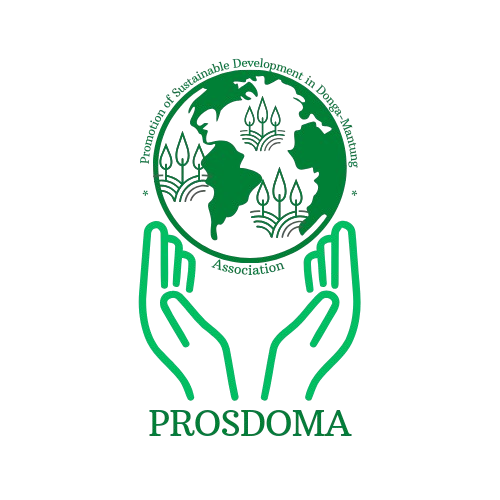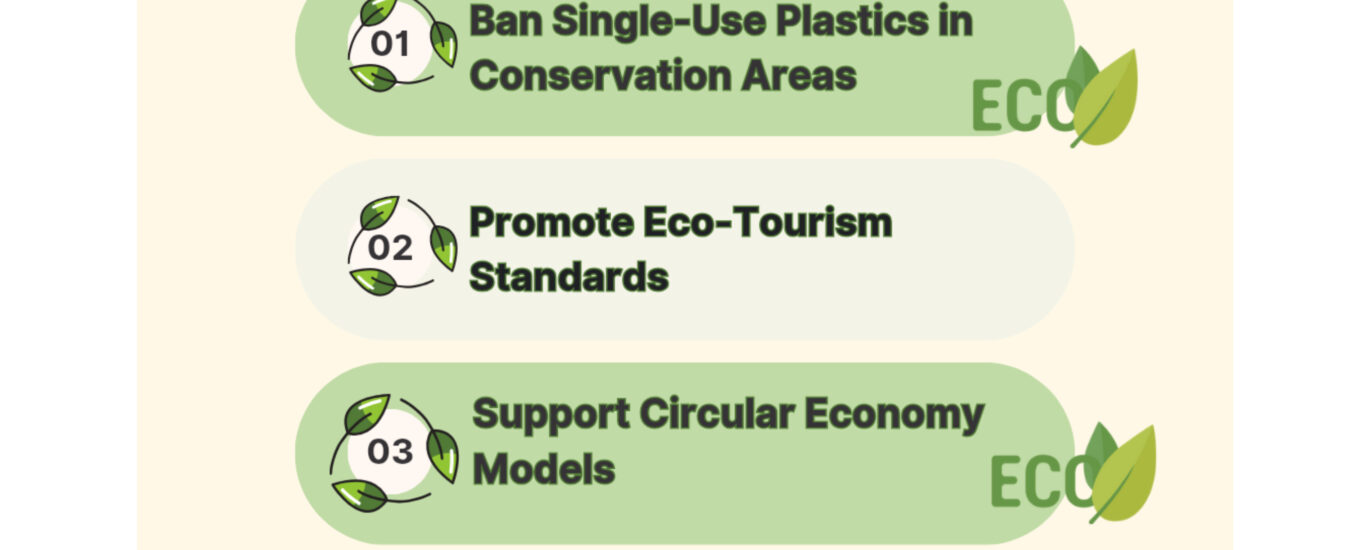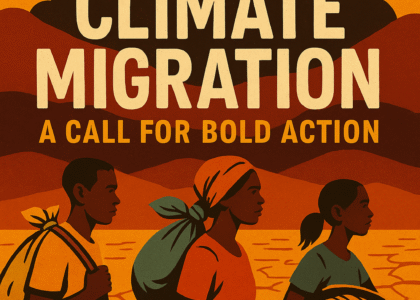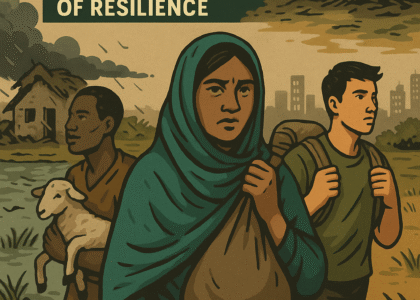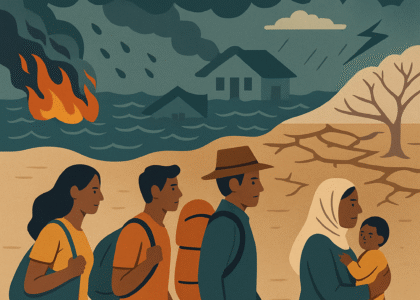This World Environment Day, we’re turning the spotlight on one of the most overlooked threats to Africa’s biodiversity: plastic pollution.
From the coasts of Kenya to the rivers of the Congo Basin, plastic waste is choking ecosystems, threatening wildlife, and undermining livelihoods. According to the African Wildlife Foundation, plastics not only pollute landscapes — they infiltrate food chains, disrupt animal behavior, and cost African economies millions in environmental damage.
Protected areas like national parks and heritage landscapes are not immune. Touristic and urban plastic waste often finds its way into these fragile ecosystems, affecting endangered species such as elephants, rhinos, and aquatic birds.
At PROSDOMA, we believe Africa’s wild spaces are not just natural treasures — they are pillars of cultural identity, biodiversity, and economic resilience. A plastic-free future is not only possible — it is essential.
✅ What Can Be Done?
1️⃣ Ban Single-Use Plastics in Conservation Areas
Governments must enforce strict plastic bans around protected reserves.
2️⃣ Promote Eco-Tourism Standards
Encourage plastic-free travel experiences and regulate waste disposal practices in tourism.
3️⃣ Support Circular Economy Models
Invest in local businesses turning plastic waste into reusable materials.
4️⃣ Educate Communities & Youth
Launch awareness campaigns linking clean environments to health, income, and pride.
🌍 Protecting nature starts with what we throw away. Let’s keep Africa wild — and plastic-free.
🌐 www.prosdoma.org
#WorldEnvironmentDay #PlasticFreeAfrica #WildlifeProtection #CircularEconomy #Prosdoma #ZeroWaste
by E.D.
📚 Source:
African Wildlife Foundation (2025). World Environment Day 2025: Africa’s Wild Spaces Deserve a Plastic-Free Future.

